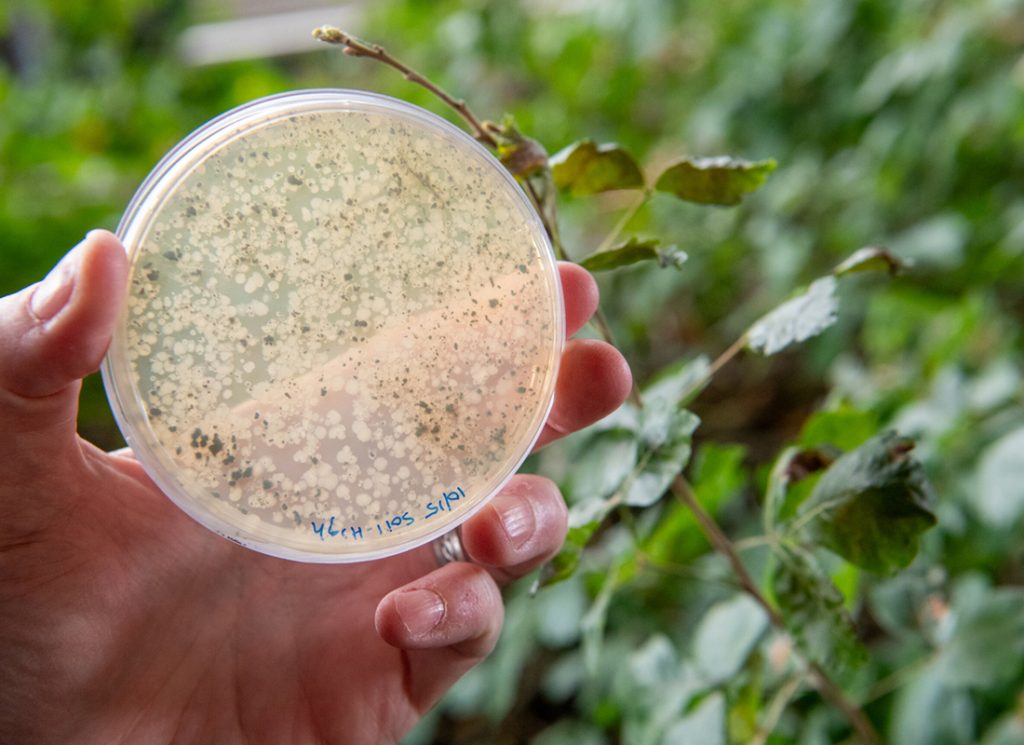
One of the primary reasons to explore the holobiont concept is its implications for human health. The human microbiome, a key component of our holobiont, plays a critical role in various bodily functions, including digestion, immune response, and even mental health. Research has shown that disruptions in the microbiome can lead to a range of health issues, from allergies to autoimmune diseases. By understanding the dynamics of our holobiont, we can develop strategies to promote a balanced microbiome through diet, lifestyle, and probiotics, ultimately enhancing our overall health.
In addition to human health, the holobiont framework is crucial for understanding plant health and agricultural practices. Plants are not solitary organisms; they exist in complex relationships with soil microbes, fungi, and insects. These interactions can significantly affect nutrient uptake, disease resistance, and growth. By adopting holistic agricultural practices that consider the plant holobiont, such as crop rotation and organic farming, farmers can enhance soil health and increase crop resilience. This approach not only boosts agricultural productivity but also promotes sustainable farming practices that benefit the environment.
Moreover, the holobiont concept has profound implications for ecological conservation. Ecosystems are composed of numerous holobionts, each contributing to the overall health and stability of the environment. Understanding these relationships can inform conservation strategies, particularly in the face of climate change and habitat loss. For instance, protecting the microbial communities within coral reefs is essential for maintaining the health of the corals themselves. By recognizing the interconnectedness of life, conservation efforts can be more effective in preserving biodiversity and ecosystem functionality.

Education plays a vital role in advancing the understanding of holobionts. Integrating this concept into academic curricula can help foster a new generation of scientists and health professionals who appreciate the complexity of biological interactions. Public awareness campaigns can also promote the importance of maintaining healthy holobionts in everyday life, encouraging individuals to adopt practices that support their microbiomes and the ecosystems around them.
Research into holobionts is still in its early stages, but the potential for future discoveries is vast. As scientists continue to explore these complex relationships, we can expect to uncover new insights into disease prevention, agricultural innovation, and ecological resilience. The holobiont perspective encourages a shift in how we approach health and environmental challenges, advocating for a more integrated understanding of life on Earth.
By embracing the holobiont concept, we can enhance our knowledge of health and ecology, paving the way for innovative solutions to some of the most pressing issues facing humanity. This holistic approach not only benefits individual organisms but also fosters a deeper appreciation for the interconnected web of life that sustains us all. The journey into the world of holobionts is just beginning, and its implications are poised to shape the future of health and environmental science.
